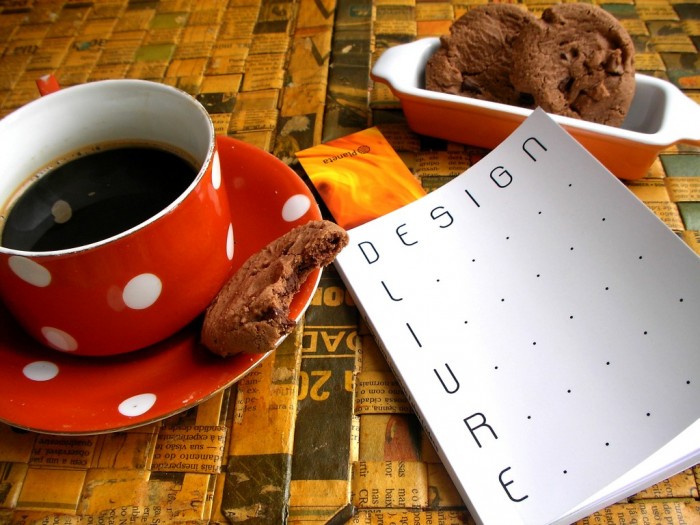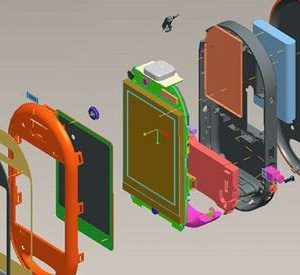A book written by 12 people in one week using open source collaborative tools. The book’s aim is to introduce the Free Software philosophy in the Design community. I participated in helping to organize the process and designed some parts of it, like the book layout and its cover. The book is distributed as a free download or on-demand printing (Portuguese).

The book critiques traditional proprietary design systems and advocates for transparency and inclusivity in design processes. By emphasizing the liberation of design knowledge and tools, Design Livre seeks to democratize design, encouraging innovation through collective participation and ethical responsibility. It frames design not just as a means of creating objects but as a transformative practice capable of fostering social and cultural progress.
Central to the book’s philosophy is the distinction between closed, open, and free plans. Closed plans are rigid, with predetermined goals and processes, while open plans allow for exploration and adaptation during their development. Free plans, however, prioritize continuous evolution over fixed objectives, allowing for constant reinterpretation and reinvention. This approach extends to the proposals presented in the book, which include encouraging conscious consumption, thorough documentation, local production, and hacking or adaptation of designs. The authors promote a participatory culture where users are invited to contribute to and modify designs, emphasizing the value of a design process that is open to all levels of expertise.

The book also emphasizes the pedagogical and cultural implications of Free Design. Drawing on Paulo Freire’s educational principles, it proposes a learning model that prioritizes autonomy, critical thinking, and collaborative engagement. Tools like the Corais platform are highlighted as practical implementations of these ideas, providing a space for participatory design and knowledge sharing. In a broader cultural context, Design Livre connects to Brazilian movements such as Antropofagia and Tropicalismo, positioning design as a political and ethical practice. By framing design as inherently transformative, the book calls for a shift toward a more inclusive and democratic approach to creating and sharing design solutions.

